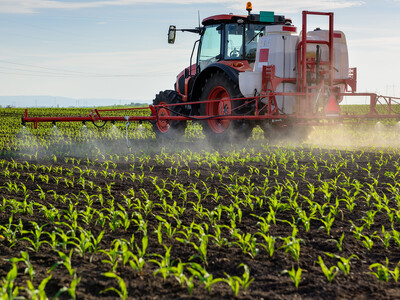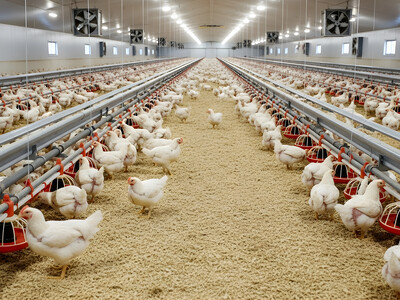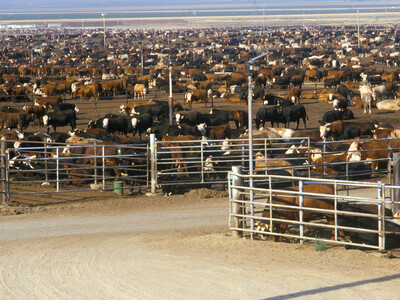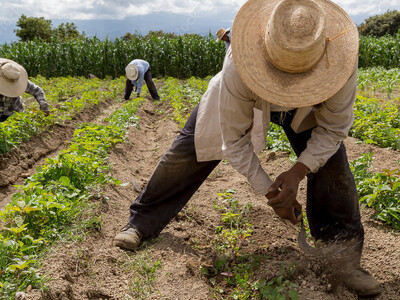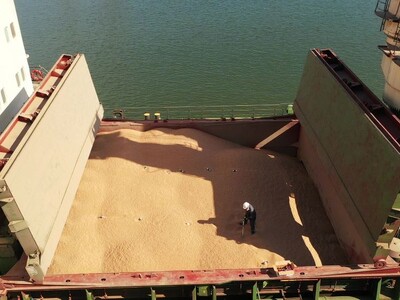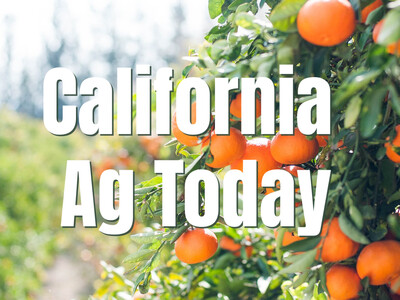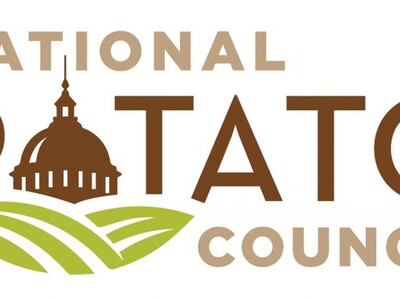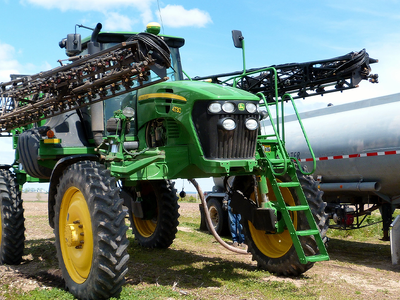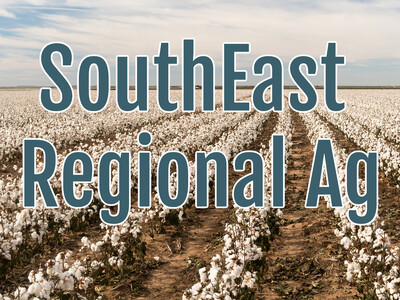2012 Looks Good for Agriculture
2012 Looks Good for Agriculture. I’m Greg Martin with today’s Line On Agriculture.
Well here we are into another year and most people seem to have apretty good outlook for the coming 12 months. The state's agriculture director is predicting a good 2012 for Oregon's farmers and ranchers, despite some key challenges ahead. Oregon Department of Agriculture Director Katy Coba is hoping that the economic struggles of the past couple of years are mostly behind us and is optimistic about the new year.
COBA: I do have my usual sense of optimism. Clearly, part of it is because we've weathered an incredible storm. We are starting to see signs that the industry is coming out the other side and we're hoping that trend line continues.
Bright spots for the new year include good prices for wheat, hay, and beef cattle along with exciting market opportunities for Oregon blueberries, which are poised to take advantage of an agreement between Oregon and South Korea.
COBA: Oregon being the first state in the United States- first and only state- to be allowed to ship fresh blueberries into South Korea. We'll start doing that next year.
Coba sees Vietnam as a potentially emerging market for Oregon ag products, but emphasizes that local markets will remain vitally important for farmers and ranchers this coming year. From a producer's perspective, she says government agencies need to make sure regulations are workable, flexible, and don't create more challenges than farmers and ranchers already have. Coba says some of Oregon's top ag commodities are looking good heading into 2012.
COBA: You've got to mention wheat. It has been a pretty long time, relatively speaking, for wheat growers where the price has been very good. Hay is another commodity that the price is just through the roof right now, which makes hay growers happy but makes livestock producers not so happy. Beef cattle, we're seeing, relatively speaking again, very low numbers of beef cattle across the US. Of course, that has driven the price up.
Coba says producers will continue to have concerns about government regulation in the coming year, and she wants ODA to be aware of their frustration.
COBA: From an Oregon Department of Agriculture perspective, it makes our job even more important as we try to reach out and help producers meet regulations, even if they are our own regulations- making sure we're trying to implement them in a way that's workable on the ground, and are flexible and not providing any more challenges to our producers than they currently have.
That’s today’s Line On Agriculture. I’m Greg Martin on the Ag Information Network.




